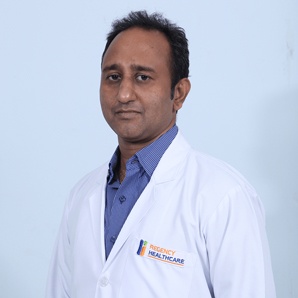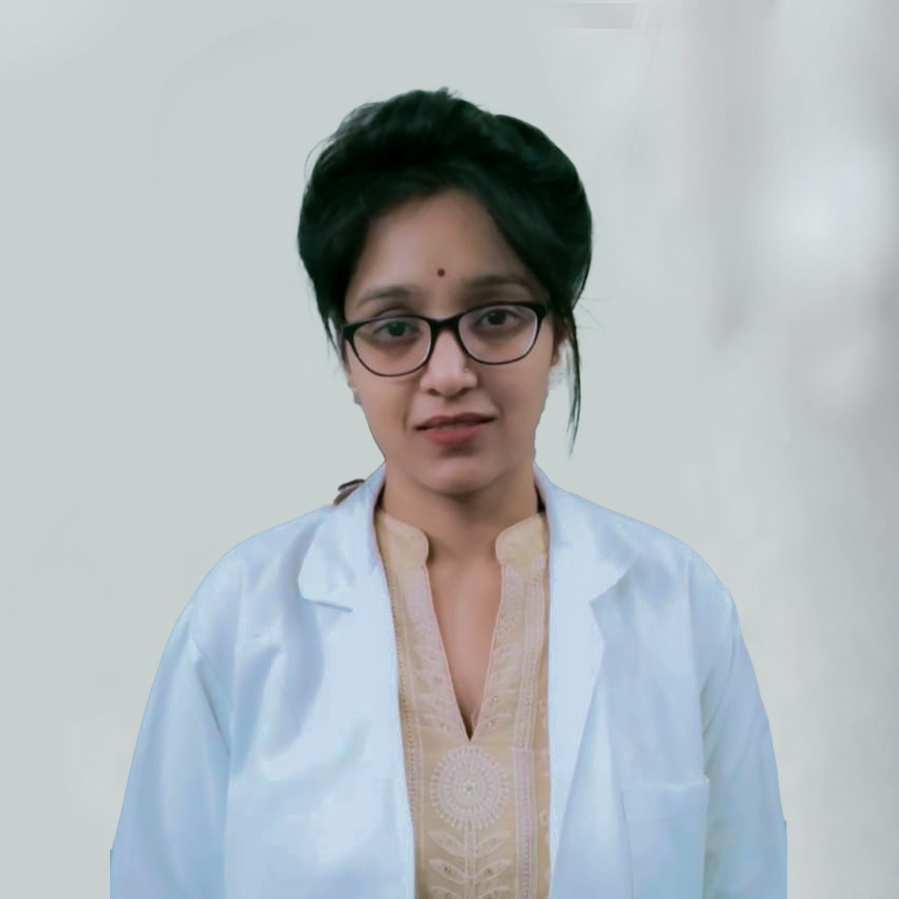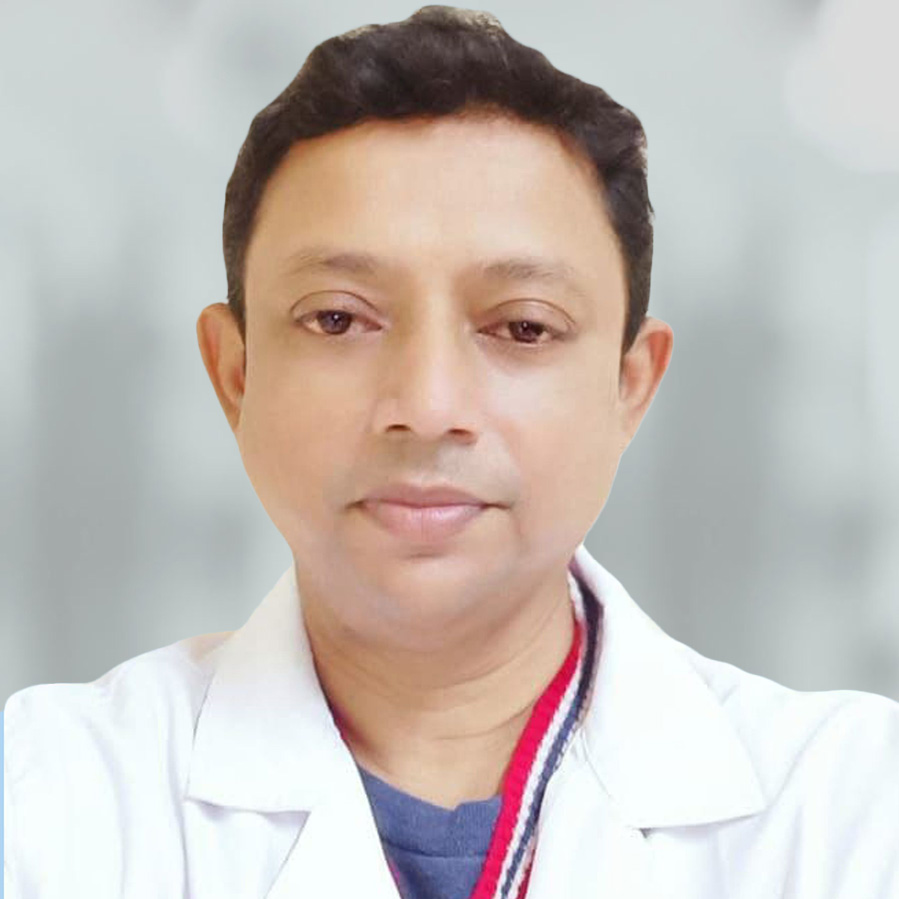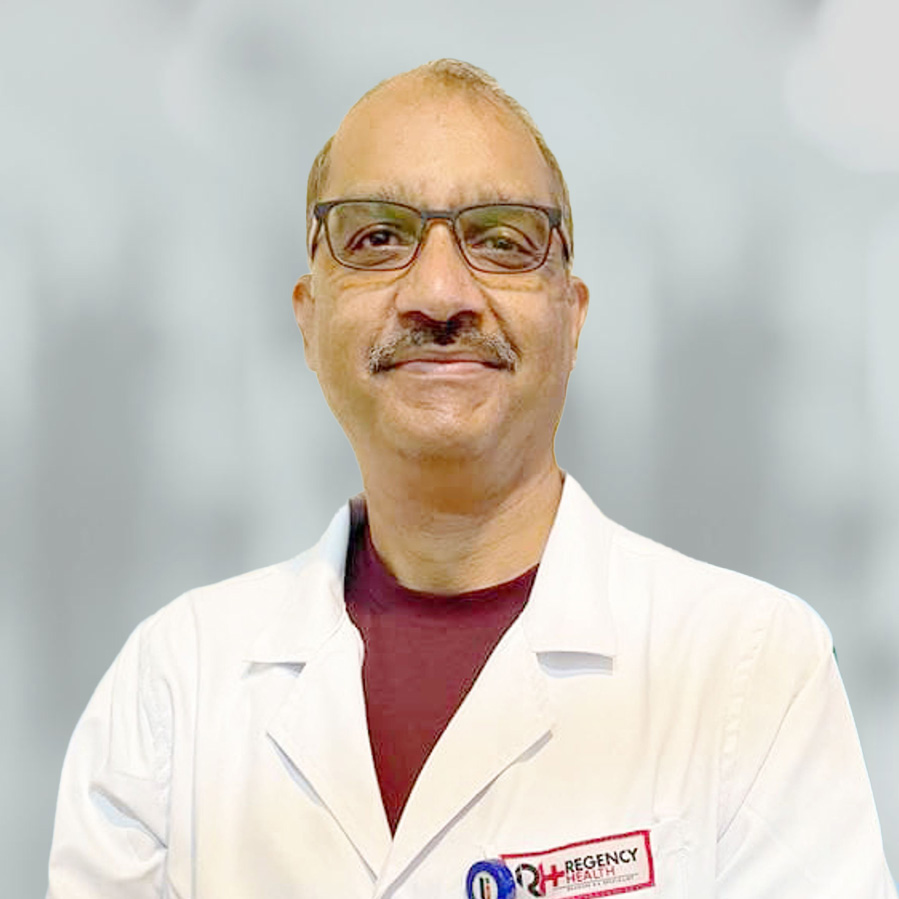Radio Diagnosis
Building Your Health For Life
Body Imaging
Using the cross-sectional imaging methods like conventional x-ray, mammography, ultrasound, MRI and CT, our highly trained radiologists help in detecting cancers, brain haemorrhages, appendicitis, renal stones and other kidney related diseases, heart diseases, fractures, spine disorders etc.
Interventional Radiology
Our radiologists undertake invasive image-guided procedures like biopsy, minimally invasive therapy, angiography to diagnose and treat diseases in nearly every organ system. We help the clinicians in planning the best treatment plan for their patients.
Neuroradiology
Our CT and MRI studies help the surgeons take immediate action, we bring the most reliable and accurate results required in treating trauma and injury cases.
Our Top Ranked Team Of Experts
Dr. Saket Nigam
Dr. Debajyoti Deb Roy
Dr. Himani Chandra
Dr. Sachin Khanna
Dr. Sanjay Singhvi
Numbers of Excellence
Staff members & >100 full-time superspecialists.
Speciality centers
Years of experience
Patient testimonials
Frequently asked questions

- What is cardiovascular disease, and what are its risk factors?
- What can I do to prevent heart disease?
- When should I see a doctor to know my risk?
- If a family member has heart disease, what are some of the things I can do to protect myself?
- Are there other treatments available for the clogged arteries besides Bypass Surgery?
- Which exercises are considered best to help prevent heart disease?
The term cardiovascular disease covers both heart and blood vessel disorders. To prevent these diseases, you must understand the risk factors and act upon managing them.
These include:
- Tobacco use
- High BP and cholesterol
- Diabetes
- Obesity
- Lack of physical activity
It is crucial to practice a healthy lifestyle with a nutritious diet and adequate sleep. Quit tobacco on your own or with the support of a physician. Get screened periodically for cardiovascular risk factors, such as diabetes and hypertension. Along with that, cut cholesterol- trim the oil and fat from your diet, and maintain a healthy weight. Prevention at an initial stage is far better than waiting for the warning signs of heart disease that happen after damage already has been done.
No matter what your age, you should consult a cardiologist if you are concerned about heart disease or have a family history. Discuss with your doctor about any family history of high cholesterol,enlarged heart or congestive heart failure. Keep in mind, the earliest symptoms of heart disease may not be chest pain. They may be fatigue or shortness of breath.
Your doctor should evaluate your family history and lifestyle. Following that, you will receive a guideline for improving your diet and making exercise a regular part of your life. If your cholesterol levels are high, your physician may recommend medications to help lower cholesterol and decrease your risk of a first heart attack. In addition, some people may benefit from an instant CT scan, which is helpful in assessing people at higher risk who require a more aggressive approach to prevention.
Yes, there are newer treatments that have been introduced. Clogged arteries occur when the calcium deposits, fats, salt and fibre accumulates within the walls of the artery. The clogged arteries put a person at risk of heart attack. The other treatments available besides Bypass Surgery are Angioplasty and Stent.
Cardio and Aerobic activities such as swimming, brisk walking, running or biking, strengthens the heart.
Book your visit

 Call-an-Ambulance
Call-an-Ambulance








